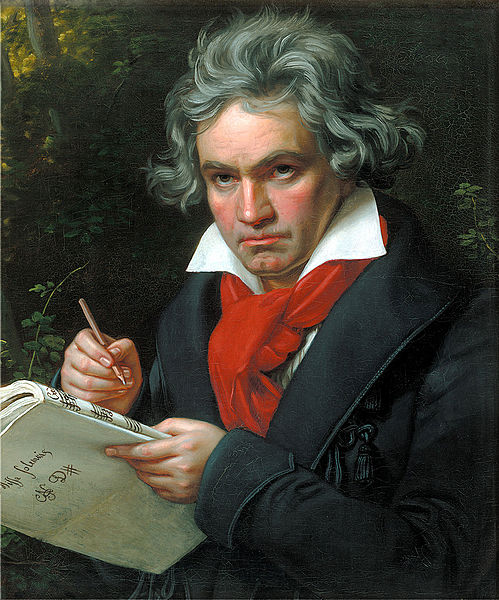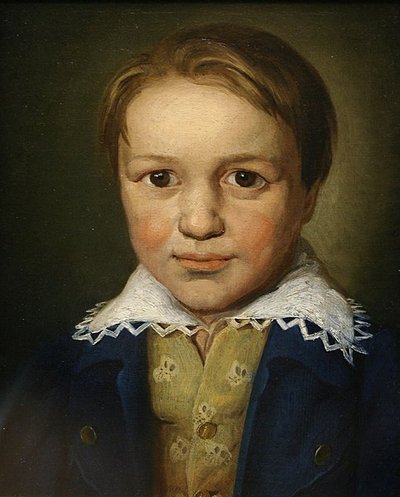
Ludwig van Beethoven
Discover more about perhaps the most famous of all composers—Ludwig van Beethoven! What brought him such fame? And why does his music still speak so strongly to us today?
Beethoven would be surprised to know how he is regarded today. He came of age at the end of an era we call the Enlightenment, dominated by the musical style of composers like Mozart and Haydn. But his musical ideas belonged to a new era, one marked by the French Revolution and the rise of Napoleon.
The 19th century brought in the “Age of Individualism”—a period when artistic genius began to be regarded as something extraordinary, even supernatural. But it was only after Beethoven’s death in 1827 that the magnificence of his music would be fully recognized, and he would be embraced as the personification of the Romantic ideal of creativity.
How did his deafness affect his work as a composer? Cut off from normal interactions as a working musician, Beethoven had no choice but to withdraw deeply into his inner creative world. As painful as this was, he might not have given us such extraordinary compositions—music that stretched form, harmony, or melody in ways that still astonish us.

Personal Data
Dates: 1770-1827
Born: Bonn, Germany
Residence: Vienna
Timeline

Beethoven House, Thomas Wolf (CC BY-SA 3.0)
Beethoven’s birth house still stands in Bonn. It is an important shrine for those who love Beethoven’s music. You can take a virtual tour of the house here. Beethoven would turn 250 years old on December 16, 2020.
Bonn is a quiet city on the Rhine River known for its university and, in Beethoven’s day, part of the ecclesiastic venue of the Electorate of Cologne, where Beethoven found his first employment. After WWII and before German reunification, it served also as the capital of West Germany.

(You must be logged into the Circle of Scholars to view the rest of this page.)
